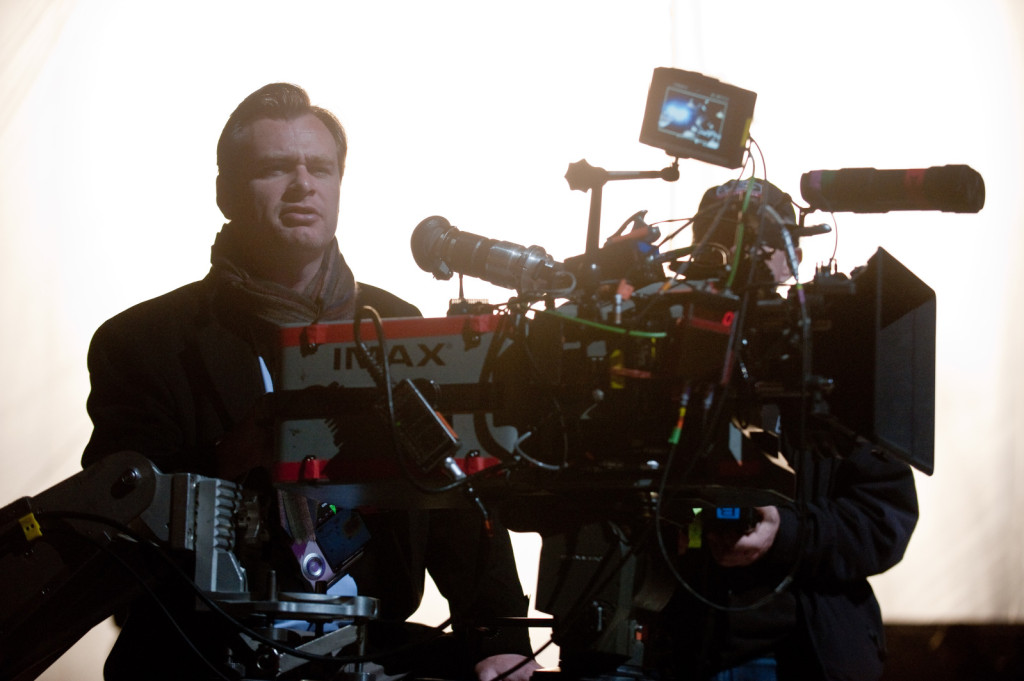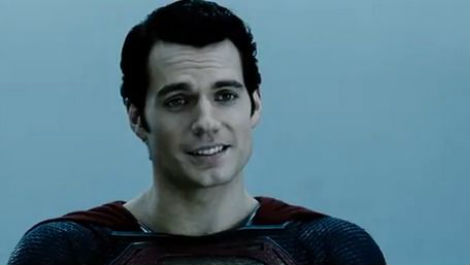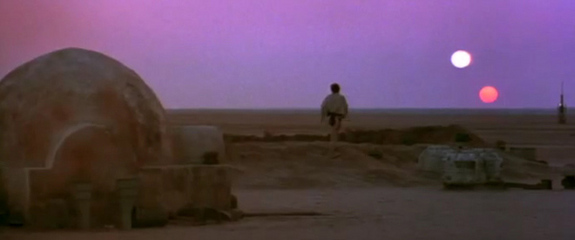
(Source)
I didn’t like the new Godzilla.
That’s how this started. I’ve personally never much cared for Godzilla as a pop cultural entity, outside of a fondness for the Diddy/Jimmy Paige music video from the 1998 version, and my recent interest only exists in relation to my involvement with a podcast about the history of the King of Monsters, so my reticence isn’t merely the nitpicking of a hardcore fanboy. This site’s own review of the film is excellently crafted and I am glad my friends and colleagues who loved it got it and had a good time with it. I felt it was a largely competent and exciting film undone by an imbalance in tone and intent that seriously crippled my ability to enjoy it.
But this is bigger than Godzilla.
This won’t be a rebuttal review of the film, as more than a few critics have done write-ups that articulate my issues with the film already (here, here and here). It’s been a week since I saw it and something about the movie and the way it has been received has plagued my soul, day and night, managing to affect nearly every interaction I’ve had with anyone, online or IRL, about popular culture. I feel like Rowdy Roddy Fucking Piper and someone made me put on these glasses, and now all I see is this problem. The Christopher Nolan Problem.
It’s important to note that Christoper Nolan, of Memento and Dark Knight trilogy fame, is one of my four or five personal favorite filmmakers on the planet. If this man directed a documentary about rectal exams, shot with IMAX cameras and utilizing Dolby Atmos technology, I’d be in line on opening night. Taken as a whole, Nolan’s work on the Batman franchise is stellar, managing to tell an effective, standalone tale that was palatable to fans of Batman comics and fans of, you know, good movies alike. On the surface there is nothing wrong with telling genre stories using a grounded sense of realism. Nothing at all! Done well, you get The Dark Knight. Done wrong, you get a Superman movie where people think actually saying the word “Superman” is corny.

“Yeah, well, you see, the thing is, on my planet the S stands for Shut The Fuck Up And Stop Asking So Many Questions.” (Source)
Staggering achievements in art from any medium tend to have an adverse affect on those influenced by said work. Take Watchmen (the comic, not the movie) for instance, a beautiful piece of genre fiction that deconstructs superheroes and, in doing so, tells a deeply human story expertly designed by Alan Moore and Dave Gibbons to push the medium of comics as far as possible. You would think this would inspire other writers and artists to think outside of the box and continue to push the medium themselves, but really, we got years and years of superheroes being dark and gritty, a decade long masterclass in missing the fucking point.
Similarly, the success of Nolan’s Batman work has driven other tentpole filmmakers to blindly follow his lead, bringing as many genre properties down to the common denominator of “realism,” sapping the sense of wonder that powers these properties in the first place. Countless words have already been spent on the folly of applying the same drab, monochromatic aesthetic that worked so well for Batman to Superman in Zack Snyder’s Man of Steel, but unfortunately, the effect doesn’t stop there.
My frustration with this trend is more than just the films that follow it, but the cult of critics insulting viewers who remain unimpressed by this unsuccessful graying of the four-color world, creating some exclusionary club for pseudo-intellectuals to wank one another off, hoisting up the ideal of a blockbuster for smart people. I think there’s an arrogance there. It feels too much like “wanting to see a fun summer movie is for dumb babies” and “how dare you question or criticize a movie that takes itself so seriously?”
I think there’s a danger in blindly championing the stance that the only way a genre film can have true critical merit is if its creators inject a staunch obsession with gritty realism, reaching only for the film festival wreath stamp of prestige picture approval. Nolan sought to bring to life a vision of Batman that was in line with his personal, artistic aesthetic. His particular vision happened to be firmly grounded in a noir-influenced real world facsimile. That doesn’t make a dark, realistic take on the mythology any more or less objectively worthwhile than, say, the tongue-in-cheek goofiness of Batman: Brave and The Bold.
Screenwriter Simon Kinberg has already been quoted multiple times implying Fox’s new Josh Trank-helmed reboot of The Fantastic Four is going to follow in these footsteps. He’s already name-checked the holy trinity of “gritty,” “realistic” and “grounded.” I’m not one to prejudge a film I have yet to see a single, solitary frame of, but I can’t help but be frustrated by even the abstract idea of a Fantastic Four movie that feels the need to be grounded in reality. FANTASTIC IS IN THE FUCKING TITLE. It’s a mythology meant to illicit a wonder and awe and to make you want to reach for the stars. I understand that the first problem of adapting a comic book to the big screen is fitting those big, crazy visuals into something palatable for the real world, but there’s no reason this process has to be so reductive.

Speed Racer still has a posse. (Source)
Imagine The Wachowski Siblings’ criminally underrated Speed Racer adaptation as a “street level” car flick. Just imagine how much technicolor beauty would be missing, just because of someone afraid or ashamed of the cartoon world the material was born in. It doesn’t matter how much artistic pretension you slather on one of these tentpole features, they’re still big budget action thrillers designed to sell toys.
That isn’t a criticism, either! It’s okay to make a big budget action thriller designed to sell toys! If you’re making a $200 million movie, you need to find any way to recoup your budget any which way you can. My point is the dogmatic devotion to implying a movie that aims to have high-minded, mature themes but fails is qualitatively better than one that aims merely to entertain and succeeds.
On the contrary, I’m going to have to point my accusatory finger at the other aforementioned crowd, the ones who think a smile, some “sass,” and any combination of explosions, aliens and time travel, or other genre ephemera, means an instant masterpiece. These are the people who have drained words like “awesome,” “amazing,” and “epic” of any meaning with their LOLBacon histrionics, their Doctor Who mash-up art and their 8-bit remixes of the Game of Thrones theme. Joss Whedon’s Avengers isn’t necessarily a success solely because it’s the opposite of the Christopher Nolan approach to genre storytelling. It works because it’s true to itself and the spirit of the material. It works because it strikes a balance between making the characters and emotions real and true without losing the sense of grandeur and spectacle that makes you want to watch something like The Avengers in the first place, instead of, say, Howard’s End.
In the case of Godzilla, I would have happily accepted an extreme art house take on the monster, all moody atmospherics and obscured visual suspense. My issue was that spending half the film’s run time maneuvering flat, milquetoast characters around to witness a big fight between Godzilla and his kaiju opponents doesn’t make it any different than any other summer blockbuster. It’s better shot, true, and crafted with a more assured hand, but as daring as it is to prolong the wait for monster action, it is still a movie about a giant lizard named Godzilla. No amount of gravitas-laden theatrics from an actor like Bryan Cranston will change that, and THAT IS OKAY.
Either go full bore with your intent to ground a ridiculous concept in the real world, or accept that there’s nothing wrong with being ridiculous. A story being completely absurd or unrealistic doesn’t preclude it from affecting the audience on a deep level.
I dream of a Hollywood where major studio releases aren’t afraid to stretch the limits of the frame. With special effects wizardry at the level it is now, there’s no reason why we can’t go to the theater every weekend to see something that lights a fire within our imaginations. Star Wars didn’t need to “ground” itself in the tiresome mire of our real world. It was perfectly comfortable taking us out into the cosmos.

(Source)
As Ingmar Bergman once said: “Cinema doesn’t need to be real. It just needs to be alive.”

